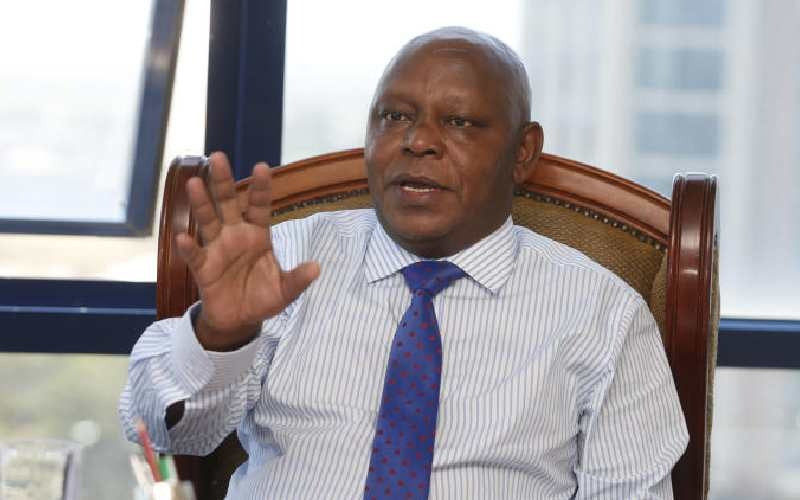×
The Standard e-Paper
Stay Informed, Even Offline

Lawyer Paul Gicheru, who died in Nairobi Monday evening was facing six counts of bribery and corruptly inducing witnesses to interfere with justice in a case against President William Ruto and journalist Joshua Arap Sang that was dismissed in 2016.
He was facing a 30-year jail term should he be found guilty of the charges.